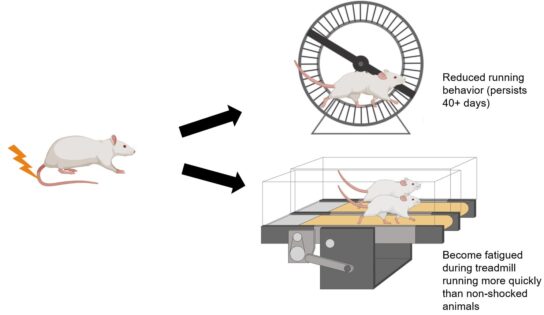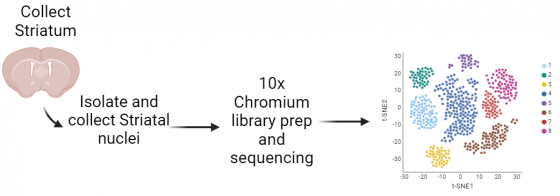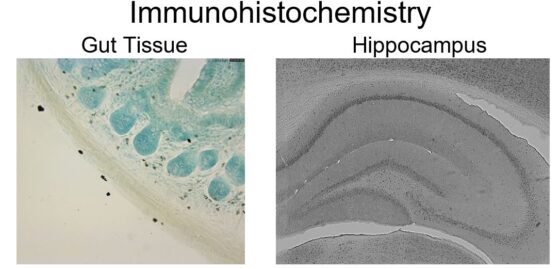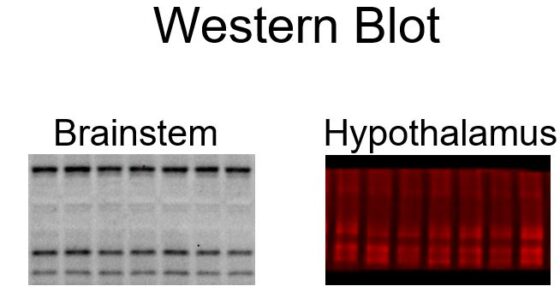Research Interests
The Clark lab’s primary focus lies in understanding human behavior and emotional states by integrating the fields of nutritional science, physiology and neuroscience. Through this interdisciplinary and collaboration-friendly approach we expect to expand current knowledge of human health and the brain.
Research Strategies
Acute, unpredictable stress model:
Following acute stress (tail shocks), rats will display drastic and persistent deficits in wheel running behavior in addition to becoming fatigued more quickly while running on a treadmill as compared to rats that were not exposed to the stressor. Interestingly, rats display normal behavioral responses in tests of depression and anxiety within 7 days, while deficits in running behavior persist for over 40 days.

This paradigm allows us to model stress-induced depression-like behavior. Specifically, the Clark Lab is interested in how a single exposure to acute stress causes such stark and lasting deficits in behaviors revolving around motivation to engage in physical activity. To investigate these deficits, the Clark Lab uses single nuclei RNA-sequencing (snRNAseq), immunohistochemistry, and Western blotting to understand how the brain changes following administration of this stressor.
snRNAseq

(BioRender)


Projects
- An investigation of enteric influences on brain neurochemicals and neural activity.
Scientists are only beginning to understand the mechanisms of how the microbiome and gut communicate with the brain to influence behavior. This project investigates how the dietary and lifestyle factors such as alcohol, probiotic supplementation, stress, and exercise can influence the communication axis between the gut and the brain.
2. The neurophysiological consequences of acute stress.
Stress is an increasing problem in the world today and prevalent everywhere. Whether that is in the form of cognitive stress, systemic inflammatory stress caused by obesity, or stress associated with aging, these different stressors negatively affect a person. Two main behaviors we examine the effect of stress on are exercise and eating. After stress we see these two behaviors change negatively, so if we can elucidate the mechanisms behind the maladaptive changes caused by these different stressors, then we can construct therapies to correct behaviors. We examine changes in specific pathways in the brain, blood, and muscle to explain how stress affects both exercise and eating behavior.
3. A clinically relevant model of binge-like drinking in mice and the effects of exercise.
Alcohol is one of the most commonly abused substances in the world and a leading cause of injury, death, and disease. This study aims to make use of a mouse model of binge-like alcohol consumption known as “drinking in the dark.” This model allows mice to have access to alcohol during the dark phase of the light/dark cycle, in which they freely consume alcohol to levels of behavioral intoxication, analogous to a night of binge drinking in humans. Using the “drinking in the dark” model of alcohol consumption in tandem with a wheel running paradigm we intend to elucidate how exercise may modulate ethanol consumption.




